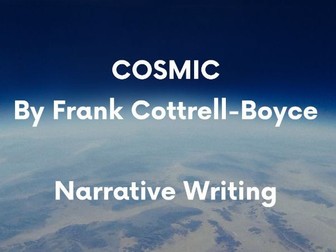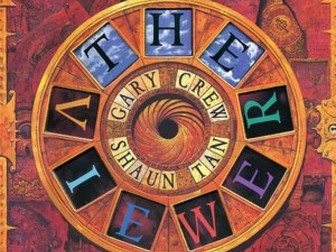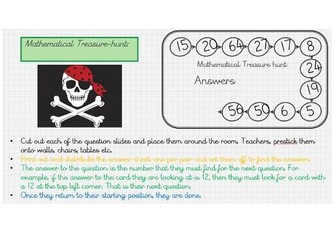Descriptive & Narrative Writing Unit – Cosmic by Frank Cottrell-Boyce
This engaging English unit is designed for Year 5/6 and takes pupils on a journey from descriptive writing inspired by The Gobi Desert to narrative writing based on Cosmic by Frank Cottrell-Boyce.
It follows a clear sequence of Familiarisation, Capturing Ideas, and Writing, building pupils’ confidence and skills lesson by lesson.
Unit Overview
Descriptive Writing – The Gobi Desert
-L1: To make predictions linked to a text
-L2: To retrieve information from a text
-L3: To understand characters
-L4: To use descriptive language
-L5: To write descriptively
Narrative Writing – Cosmic
-L6: To use relative clauses
-L7: To give justifications for my response
-L8: To write from a character’s perspective
-L9: To identify a character’s feelings
-L10: To collect ideas
-L11: To use dialogue to advance the action
-L12: To plan a narrative
-L13–L14: To write a narrative
-L15: To edit and improve
What’s Included
-Engaging PowerPoints for every lesson
-All resources and activities provided
-‘Retrieve It’ tasks for each lesson to consolidate learning
-Two focus vocabulary worksheets
-Lesson toolkits to support pupils in achieving the end goal
-Clear progression from descriptive to narrative writing
End Goal
Pupils will plan, write, and edit their own narrative, engaging the reader through description, suspense, and humour.
Audience: Upper Key Stage 2 (Year 5/6)
Purpose: To develop confident writers who can craft imaginative and engaging stories.
Toolkit Focus
-Relative clauses and parenthesis
-Past tense consistency
-Expanded noun phrases
-Figurative language
-Relative clauses and parenthesis
-Past tense consistency
-Expanded noun phrases





